Preparing for Tomorrow: How AI Prepares Students for the Jobs of the Future
In today’s fast-evolving technological landscape, the rise of Artificial Intelligence (AI) has sparked a revolution in various industries. AI, with its ability to mimic human intelligence and learn from data, is becoming increasingly integrated into our daily lives. This integration is reshaping the job market, and students need to adapt and prepare for a future where AI plays a crucial role. In this blog post, we’ll explore how AI is shaping the jobs of the future and what students can do to prepare themselves for this new era.
Understanding the Impact of AI on the Job Market
AI and automation are transforming the job market by automating routine and repetitive tasks, enabling employees to focus on more creative, strategic, and complex aspects of their roles. While this might create some job displacement, it also creates new job opportunities that require skills in AI development, management, ethics, and maintenance.
A report by the World Economic Forum estimates that by 2025, over half of all current workplace tasks will be performed by machines, displacing around 85 million jobs but creating approximately 97 million new jobs. This shift emphasizes the need for students to acquire skills that complement and collaborate with AI, ensuring job relevance and resilience.
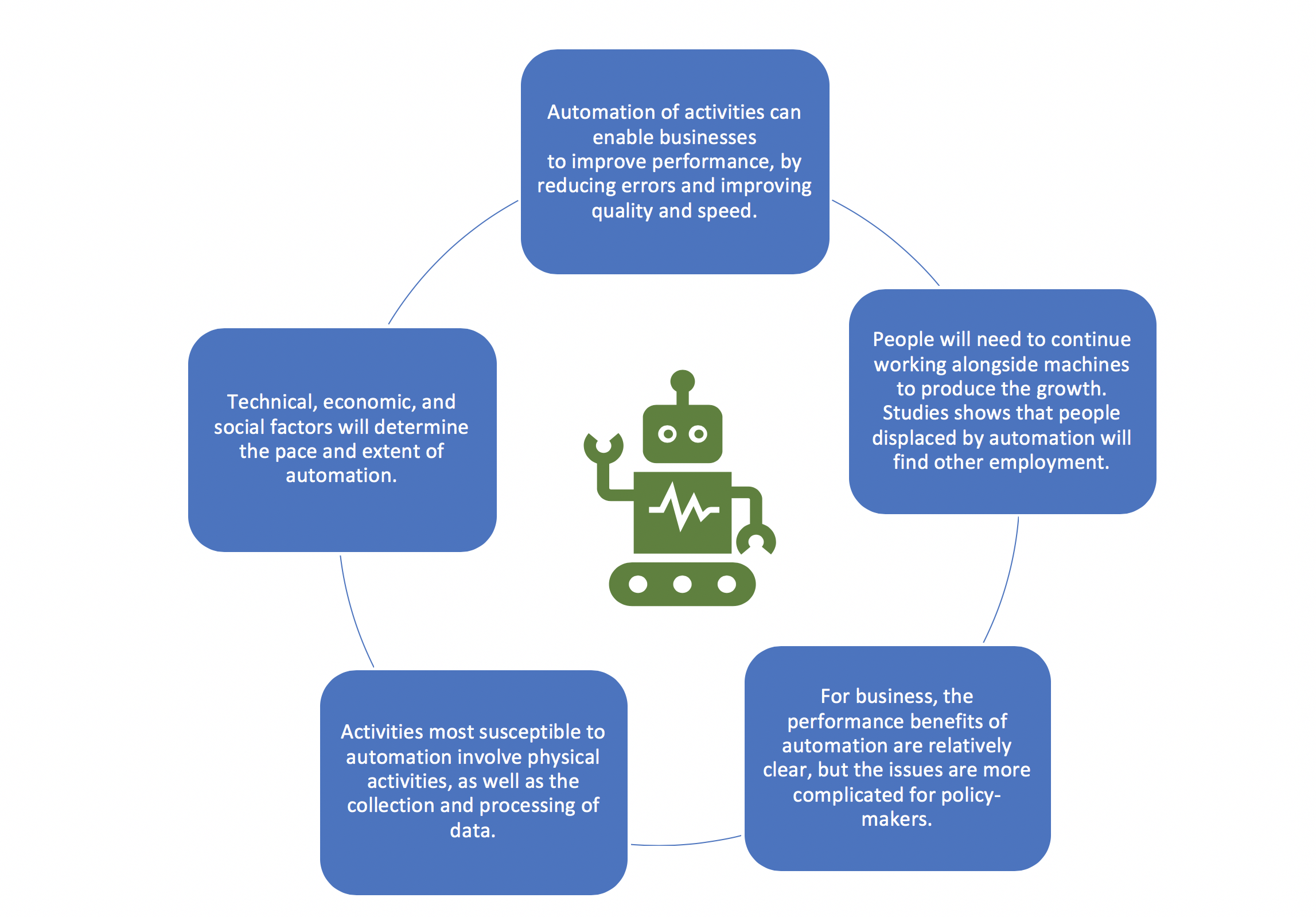
Skills Needed in the Age of AI
To thrive in a workforce increasingly driven by AI, students need to develop a blend of technical and soft skills. Here are some crucial skills for the jobs of the future:
1. Technical Proficiency in AI and Data Analysis:
Gaining a fundamental understanding of AI, machine learning, and data analysis is essential. Students should focus on learning programming languages like Python, understanding algorithms, and gaining proficiency in data manipulation and interpretation.
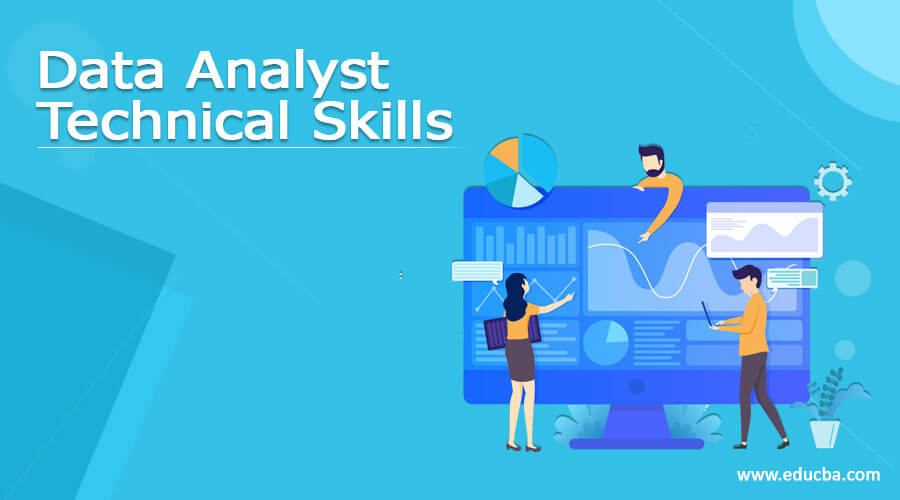
2. Critical Thinking and Problem-Solving:
AI can automate many tasks, but critical thinking and problem-solving remain quintessentially human. Students should cultivate their ability to analyze, evaluate, and solve complex problems creatively.
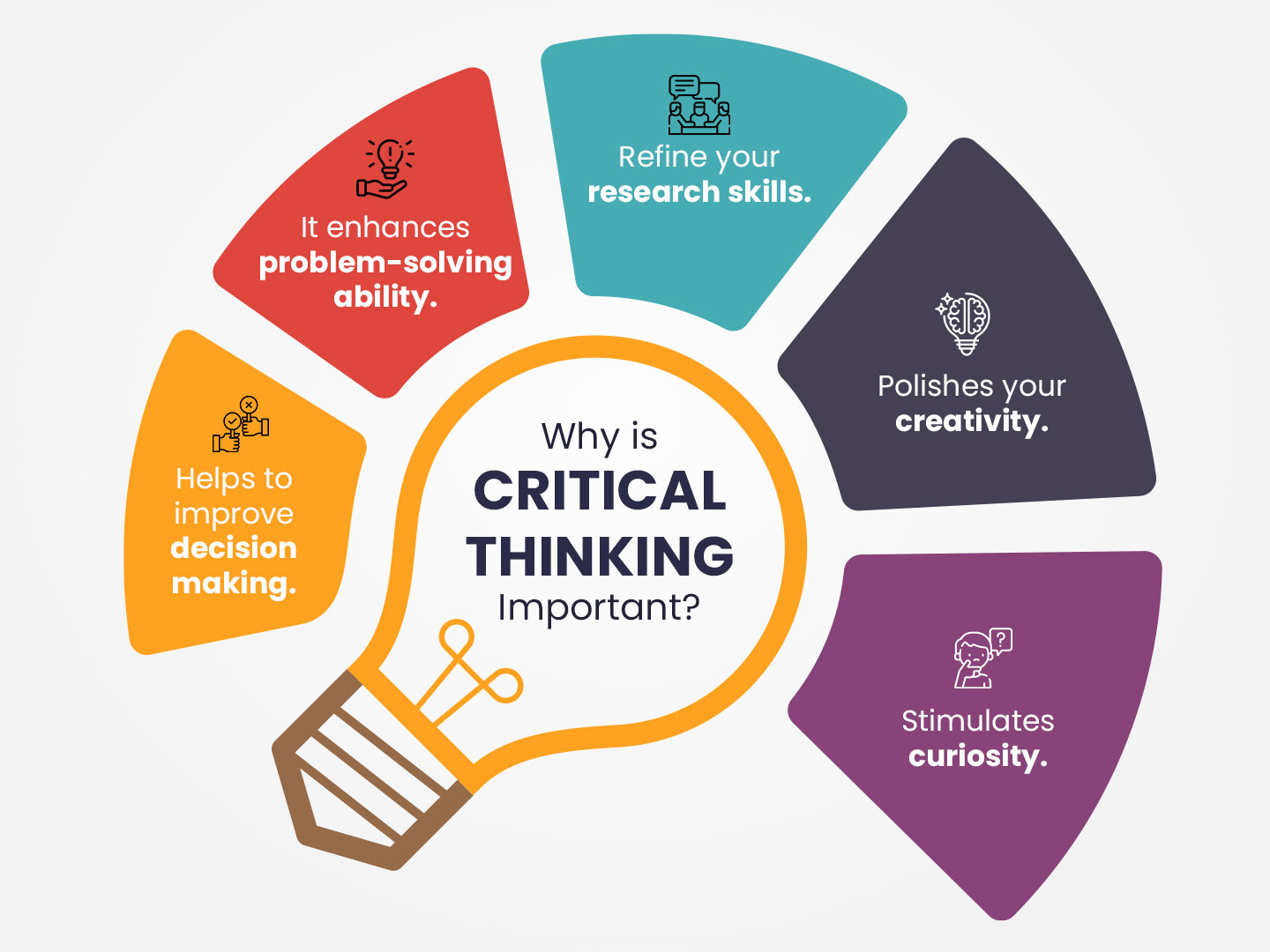
3. Adaptability and Learning Agility:
The ability to learn and adapt to new technologies and methodologies quickly is crucial. The AI landscape is dynamic, and students need to embrace continuous learning throughout their careers.
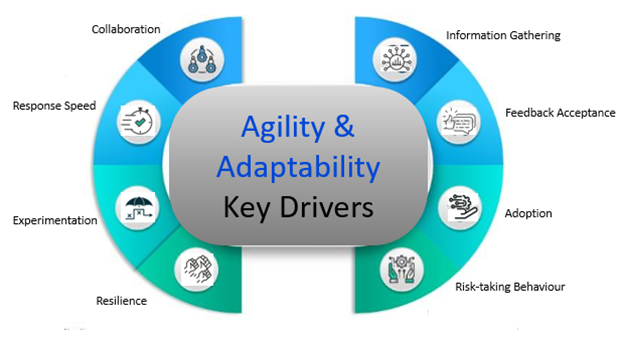
4. Ethics and Social Awareness:
Understanding the ethical implications of AI and its impact on society is vital. Students should be well-versed in the responsible development and deployment of AI to ensure it benefits humanity as a whole.

5. Communication and Collaboration:
As AI integrates into various aspects of the workforce, effective communication and collaboration with AI systems and other team members are paramount. Students should develop strong communication and teamwork skills.

6. Creativity and Innovation:
AI can perform repetitive tasks, but creativity and innovation are uniquely human. Encouraging creativity and cultivating innovative thinking will be highly valued in the AI-driven future.

How Students Can Prepare for the AI-Powered Future
To thrive in a workforce increasingly driven by AI, students need to develop a blend of technical and soft skills. Here are some crucial skills for the jobs of the future
1. Pursue Relevant Education and Courses:
Enroll in educational programs that offer courses in AI, machine learning, data analytics, and related fields. Many online platforms provide free or affordable courses, making it easier to upskill in these areas.
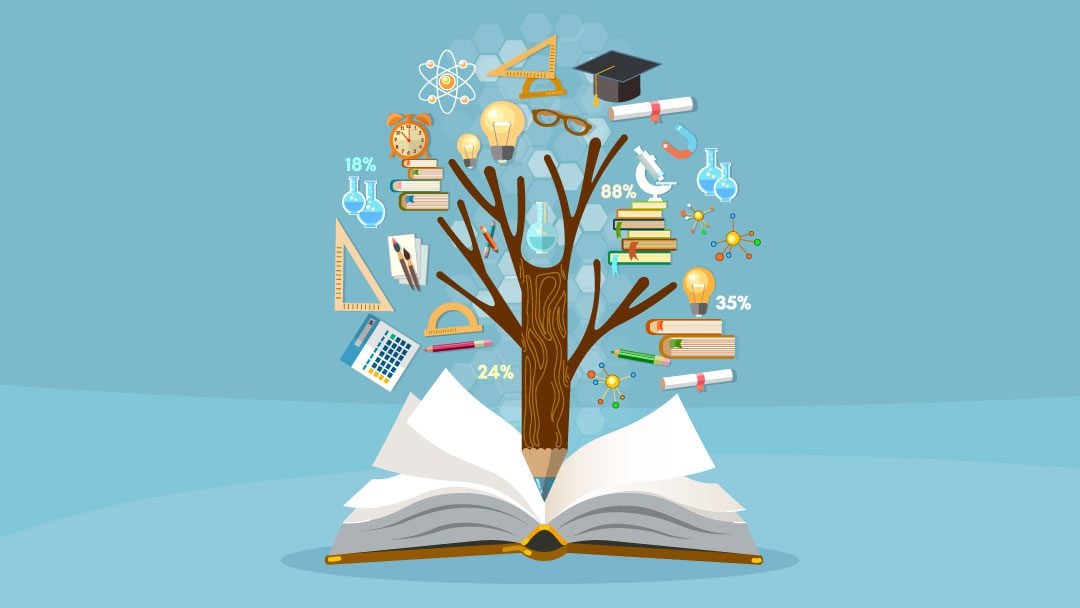
2. Participate in Hackathons and Competitions:
Engage in AI-related competitions and hackathons to apply theoretical knowledge to practical problem-solving. These events encourage innovation and collaboration, fostering a deeper understanding of AI applications.

3. Seek Internships and Industry Exposure:
Look for internships or projects in companies that work with AI technologies. Practical experience is invaluable in understanding real-world applications and challenges.
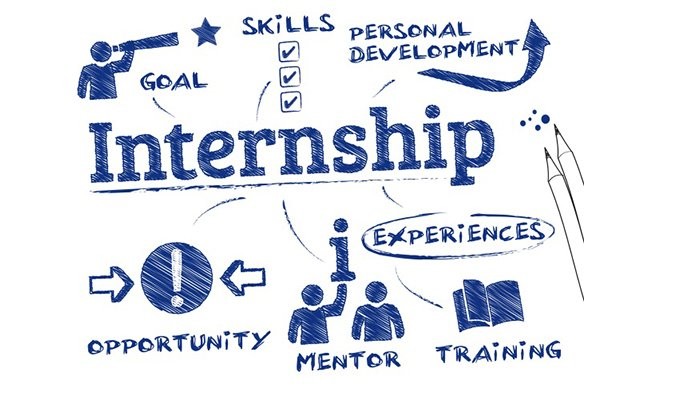
4. Join AI-Related Communities and Forums:
Become an active member of AI communities, forums, and social media groups. Engaging with professionals and enthusiasts can provide insights, networking opportunities, and exposure to the latest trends.

5. Stay Informed and Updated:
Regularly follow reputable AI news sources, research papers, and industry blogs. Staying informed about the latest developments and breakthroughs in AI is crucial for staying ahead in this rapidly evolving field.
Conclusion
The AI-powered future holds both promise and challenges. While it will transform the job market and job requirements, it will also create new opportunities for innovation and growth. Students aspiring to succeed in this future need to equip themselves with a versatile skill set that aligns with the evolving demands of the AI-driven workforce.
Preparing for tomorrow involves not only technical proficiency but also a holistic approach that encompasses critical thinking, adaptability, ethics, and creativity. By embracing continuous learning and staying informed about AI advancements, students can position themselves at the forefront of this exciting transformation, ready to contribute meaningfully to the jobs of the future.



